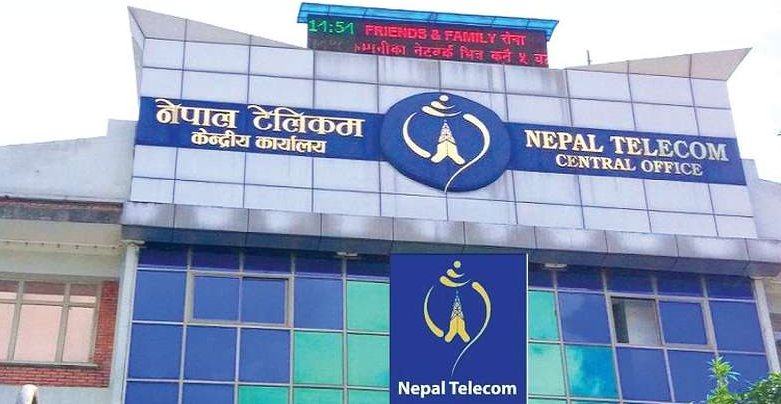

KATHMANDU: Telecommunication service providers in Nepal have seen their revenues plunge by around 28 percent over the past seven years, raising alarms about the sector’s financial health and its ability to invest in next-generation technologies like 5G.
According to the Nepal Telecommunications Authority (NTA), the combined income of the country’s two major telecom operators stood at Rs 98.71 billion in fiscal year 2017/18, but dropped to Rs 71.21 billion in the last fiscal year.
Experts say the continued downward trend in revenue has also squeezed profits and discouraged new investment.
Industry analysts warn that without urgent policy reforms, Nepal’s telecom sector could soon face a severe crisis. Reduced profits have already limited investment in infrastructure development, including the rollout of 5G networks.
Former NTA chair Bhesraj Kandel said telecommunications should be treated as an essential service, but in Nepal it is taxed like a luxury item.
“Telecom companies are required to pay a 30 percent corporate tax, compared to just 25 percent for other sectors,” he noted, adding that an immediate review of the tax structure is necessary to prevent further decline.
Ncell, one of Nepal’s leading telecom operators, has stated that due to heavy taxation, companies must spend 50 to 60 percent of their income on taxes and regulatory fees. This, it said, has severely affected their ability to expand and innovate.
Meanwhile, Nepal Telecom (NT) cited policy inconsistencies, high renewal fees, and the growing use of Over-The-Top (OTT) services such as WhatsApp and Viber as major factors behind declining revenues. The company also attributed shrinking profits partly to the burden of excessive taxation.
Industry experts emphasize that without structural reforms and incentives to encourage investment, Nepal’s telecom sector risks stagnation—potentially undermining national goals of digital transformation and connectivity expansion.